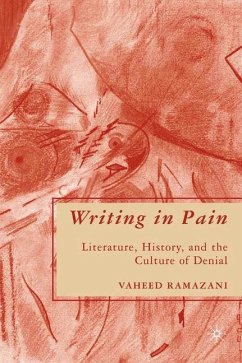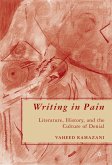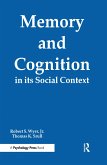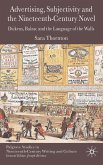This book argues that while pain is an irreducible neuro-physiological phenomenon, how pain is experienced is powerfully inflected by language and culture. Using Second Empire France after Napoleon III's seizure of power as a particularly revealing time of re-acculturation, it elaborates on the "culture of denial."
"One anticipates future publications by Vaheed Ramazani hopefully and with pleasure." - SubStance
"The cogency and scope of this challenging but compelling argument about pain and the rhetoric of pain is as breathtaking as its exposition is patient and precise" - Ross Chambers, University of Michigan (Emeritus)"Ramazani s study measures the cultural resonances of the transformations of 19th century France by looking at an elemental register of human experience, pain. His thesis is arresting: that the cultural processing of pain mirrored and deepened the forms of material stratification and segregation increasingly imposed upon people and increasingly brought to consciousness by the developments that Louis-Napoleon s regime was organizing for France.Ramazani s analysis is theoretically sophisticated; his scholarship is extensive and pertinent. His close readings are ingenious and revealing. This is an important book on a fundamental topic." - Richard Terdiman, Professor of Literature and the History of Consciousness, University of California, Santa Cruz
"The cogency and scope of this challenging but compelling argument about pain and the rhetoric of pain is as breathtaking as its exposition is patient and precise" - Ross Chambers, University of Michigan (Emeritus)"Ramazani s study measures the cultural resonances of the transformations of 19th century France by looking at an elemental register of human experience, pain. His thesis is arresting: that the cultural processing of pain mirrored and deepened the forms of material stratification and segregation increasingly imposed upon people and increasingly brought to consciousness by the developments that Louis-Napoleon s regime was organizing for France.Ramazani s analysis is theoretically sophisticated; his scholarship is extensive and pertinent. His close readings are ingenious and revealing. This is an important book on a fundamental topic." - Richard Terdiman, Professor of Literature and the History of Consciousness, University of California, Santa Cruz








